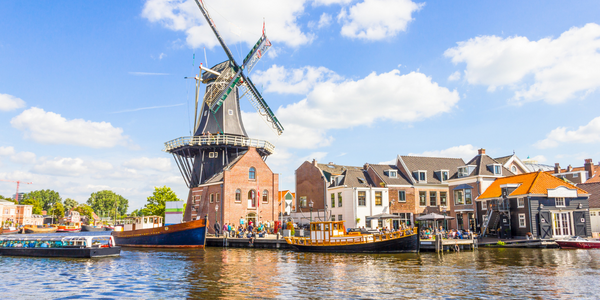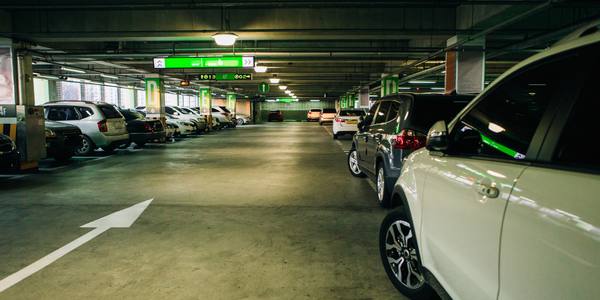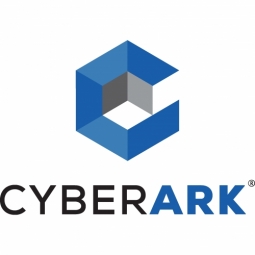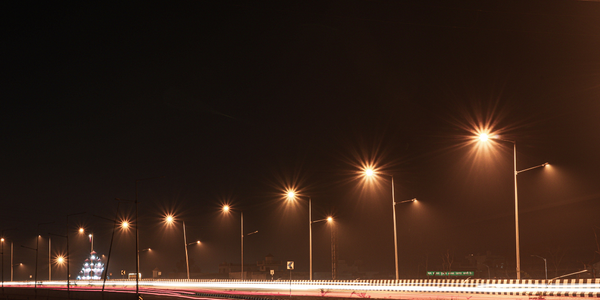下载PDF
Maximus Implements PAM as a Service for Efficient and Strategic Rollout
技术
- 应用基础设施与中间件 - 数据交换与集成
- 应用基础设施与中间件 - 中间件、SDK 和库
适用行业
- 城市与自治市
- 国家安全与国防
适用功能
- 质量保证
用例
- 周边安全与访问控制
- 篡改检测
服务
- 系统集成
- 测试与认证
挑战
Maximus 是一家全球性政府服务公司,正在实施数字化转型战略,以提高项目效率、更智能地工作并提高生产力和质量。该战略的一个关键部分是通过将关键系统和应用程序迁移到云来向云优先企业过渡。这一变化为重新思考和加强公司在整个组织内的特权访问管理 (PAM) 方法提供了机会。然而,为 Maximus 遗留环境选择的现有 PAM 解决方案需要大量定制,集成能力有限,并且无法处理复杂的用例。我们面临的挑战是,如何利用规模适中的团队和有限的资源,在这家价值 34 亿美元的公司中实现广泛的改进。
关于客户
Maximus 是一家成立于 1975 年的全球政府服务公司。该公司帮助世界各地的政府改善为其公民提供的服务。 Maximus 提供业务流程管理和技术解决方案,以提高北美、欧洲、中东、远东和澳大利亚公共部门机构的效率。该公司涵盖各种健康和人类服务项目。 Maximus 年收入达 34 亿美元,拥有员工 35,000 名。
解决方案
Maximus 决定与 CyberArk 合作并实施 CyberArk 特权访问管理器。该解决方案提供了支持业务目标所需的灵活性、可扩展性和面向未来的能力,以及全面的开箱即用功能,例如易于与其他应用程序集成和快速部署。 Maximus 以 CyberArk 为核心,从整体上实现了特权访问管理。该公司在此过程的早期就与高级领导者进行了接触,这有助于高层了解变革的必要性。然后,这是一个逐步了解日常访问需求的过程,从域管理员等关键用户开始,然后是服务器管理员。事实证明,CyberArk 在帮助小型安全团队实施 PAM 解决方案方面发挥了不可估量的作用,并在破纪录的时间内部署了该解决方案。
运营影响
数量效益
相关案例.

Case Study
Turning A Stadium Into A Smart Building
Honeywell created what it called the “intelligent system” for the National Stadium in Beijing, China, turning the venue for the opening and closing events at the 2008 Summer Olympics into a “smart building.” Designed by highly controversial artist Ai Weiwei, the “Bird’s Nest” remains one of the most impressive feats of stadium architecture in the world. The 250,000 square meter structure housed more than 100,000 athletes and spectators at a time. To accommodate such capacity, China turned to Honeywell’s EBI Integrated Building Management System to create an integrated “intelligent system” for improved building security, safety and energy efficiency.
.png)
Case Study
Smart Street Light Network (Copenhagen)
Key stakeholders are taking a comprehensive approach to rethinking smart city innovation. City leaders have collaborated through partnerships involving government, research institutions and solution providers. The Copenhagen Solutions Lab is one of the leading organizations at the forefront of this movement. By bringing together manufacturers with municipal buyers, the Copenhagen Solutions Lab has catalyzed the development and deployment of next-generation smart city innovations. Copenhagen is leveraging this unique approach to accelerate the implementation of smart city solutions. One of the primary focus areas is LED street lighting.

Case Study
Buoy Status Monitoring with LoRa
The Netherlands are well-known for their inland waterways, canals, sluices and of course port activities. The Dutch Ministry of Infrastructure indicates that there are thousands of buoys and fixed items in and near water environments that would profit from IoT monitoring. One of the problems with buoys for example, is that they get hit by ships and the anchor cable breaks. Without connectivity, it takes quite some time to find out that something has happened with that buoy. Not to mention the costs of renting a boat to go to the buoy to fix it. Another important issue, is that there is no real-time monitoring of the buoys at this moment. Only by physically visiting the object on the water, one gains insight in its status.

Case Study
China Mobile Smart Parking
Smart Parking, powered by NB-IoT technology, is making it easier for drivers to find free parking spots. Cities can better manage their parking assets and maximize the revenue available to them as a result. Drivers searching for parking create congestion and pollution by circling and hunting for available parking. Smart Parking services are able to significantly ease these problems by guiding a driver directly to a parking space.

Case Study
Barcelona Case Study
Barcelona’s heavy traffic and its associated high levels of pollution were the primary factors that motivated some companies and universities to work on strategies for improving traffic in the city centre. Bitcarrier is one of the technologies involved in the In4Mo Project, whose main objective is to develop the applications that form the core of smart mobility, one of the fundamental pillars of the smart city concept.






